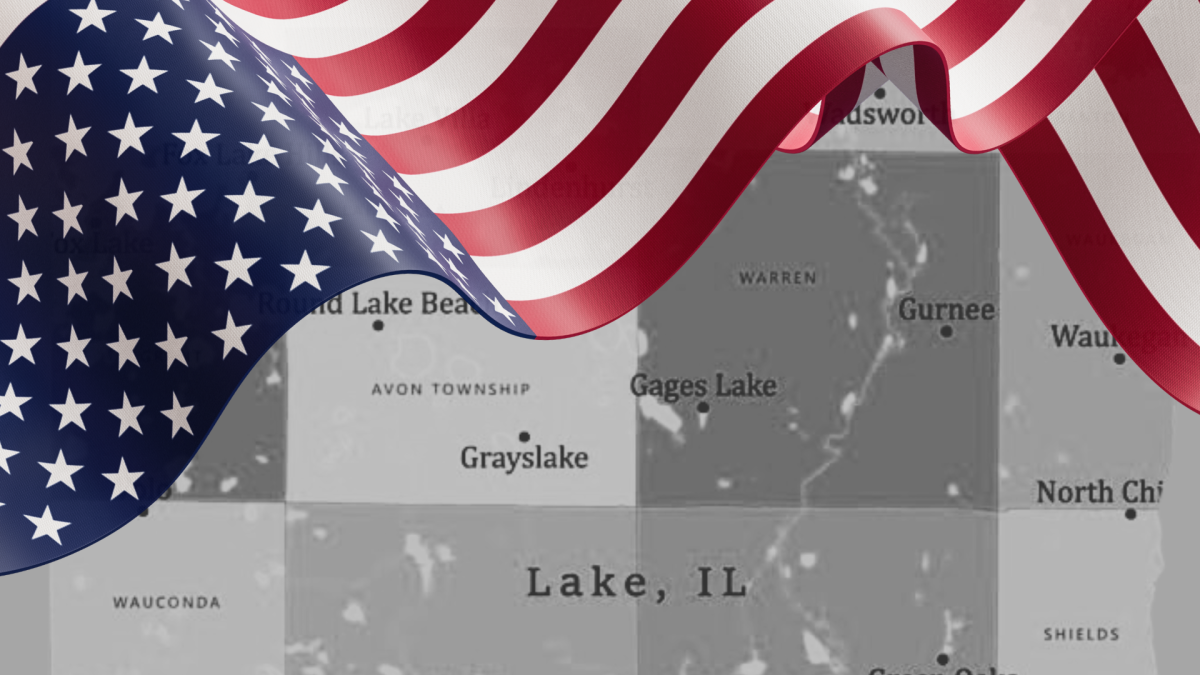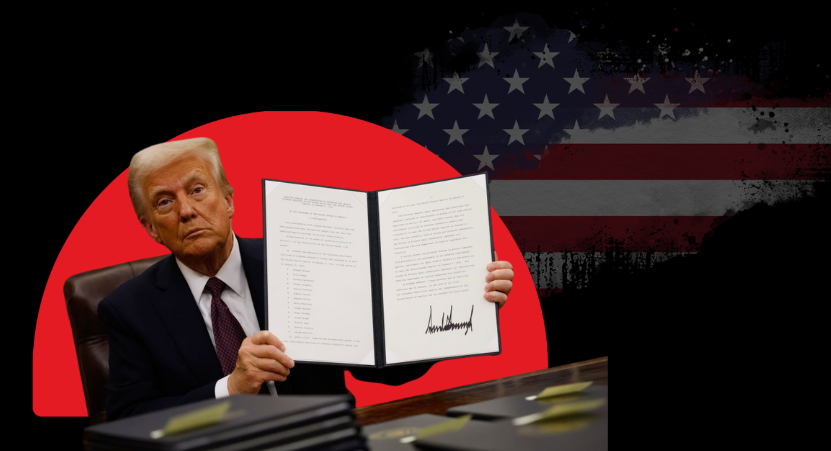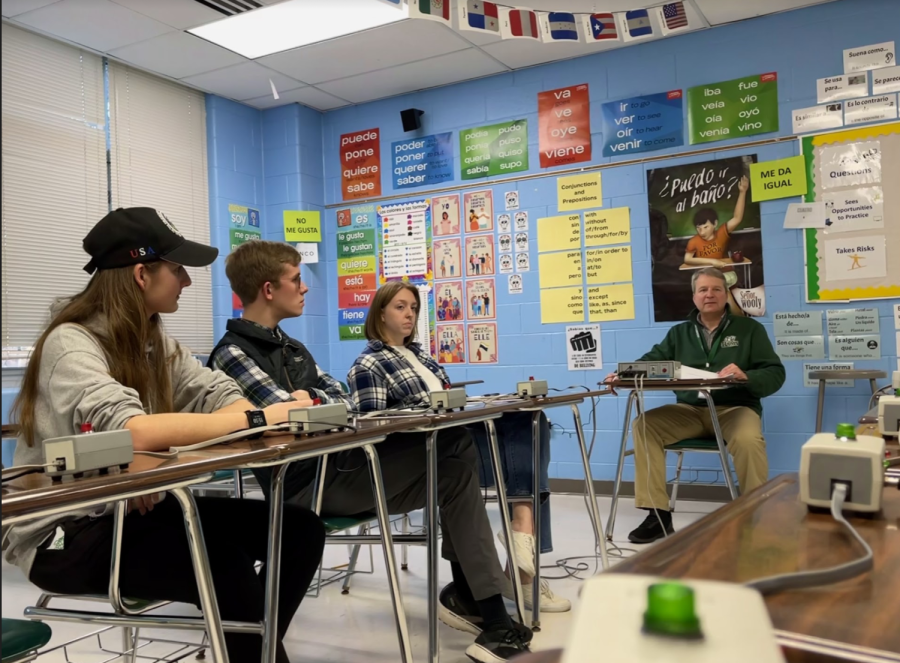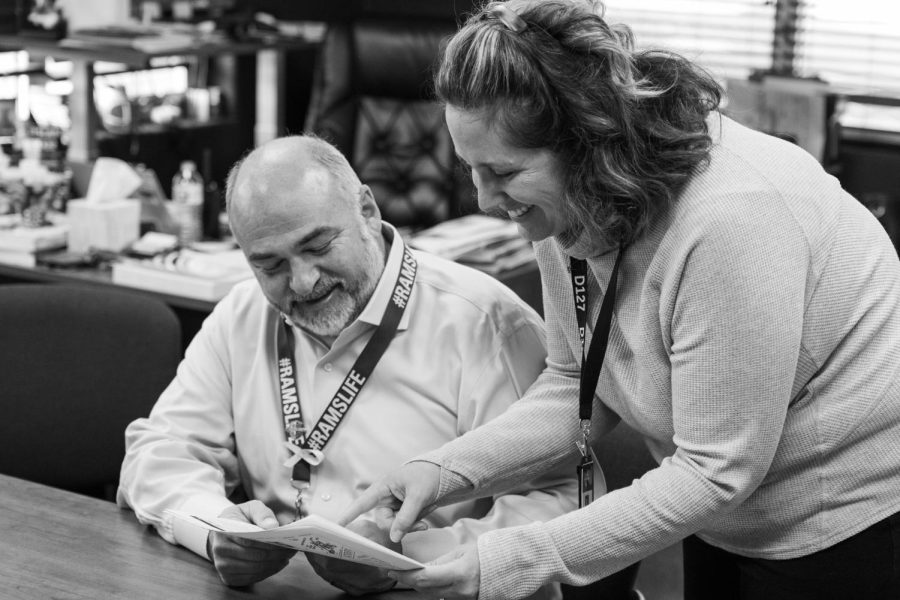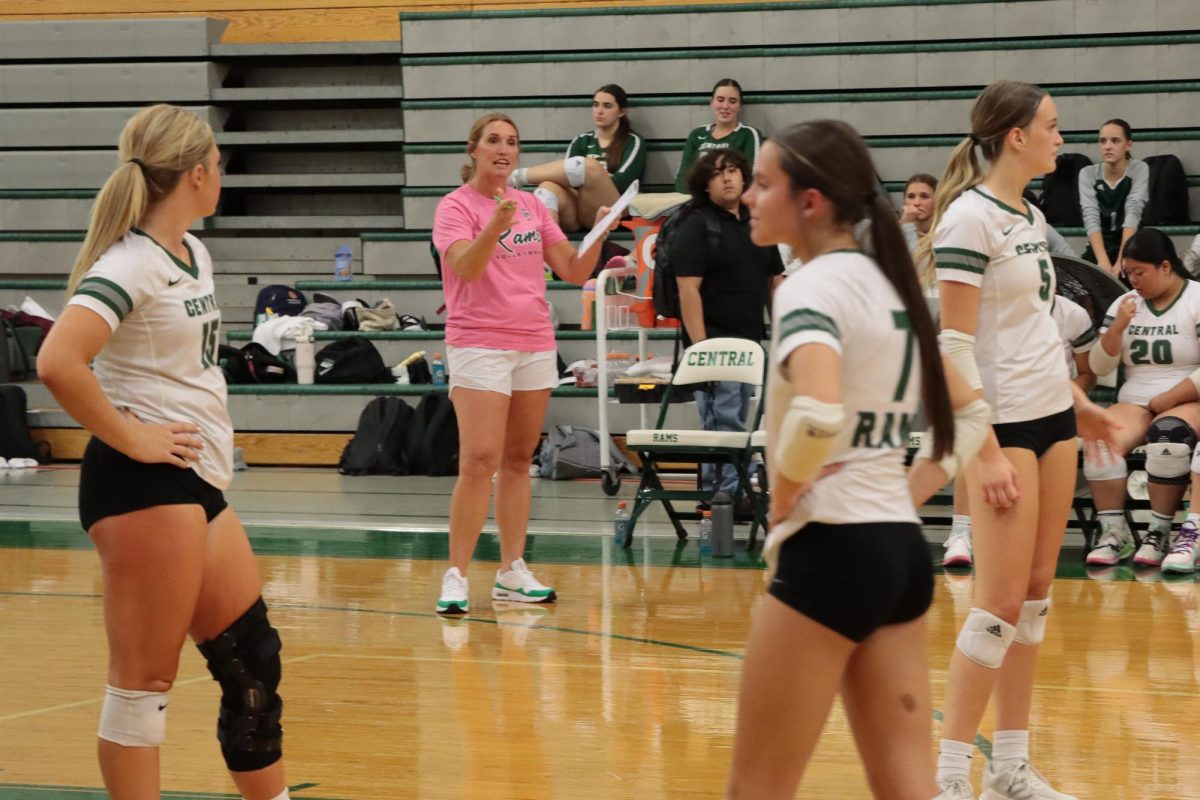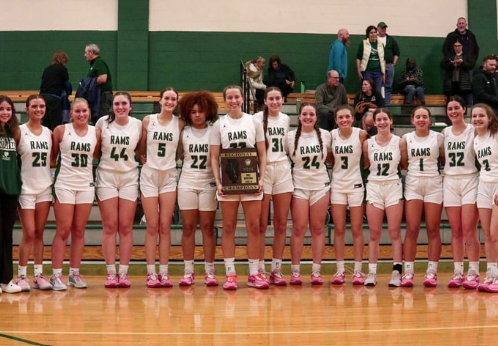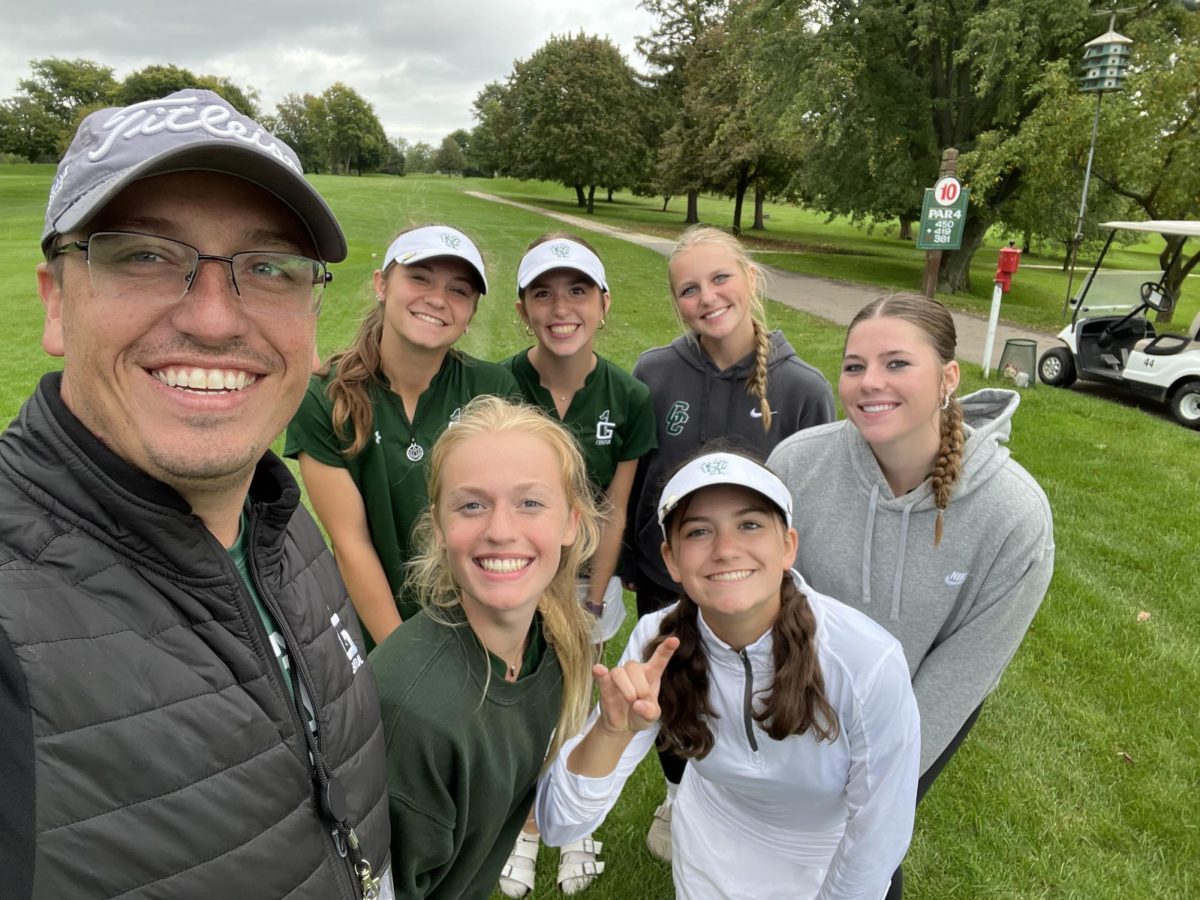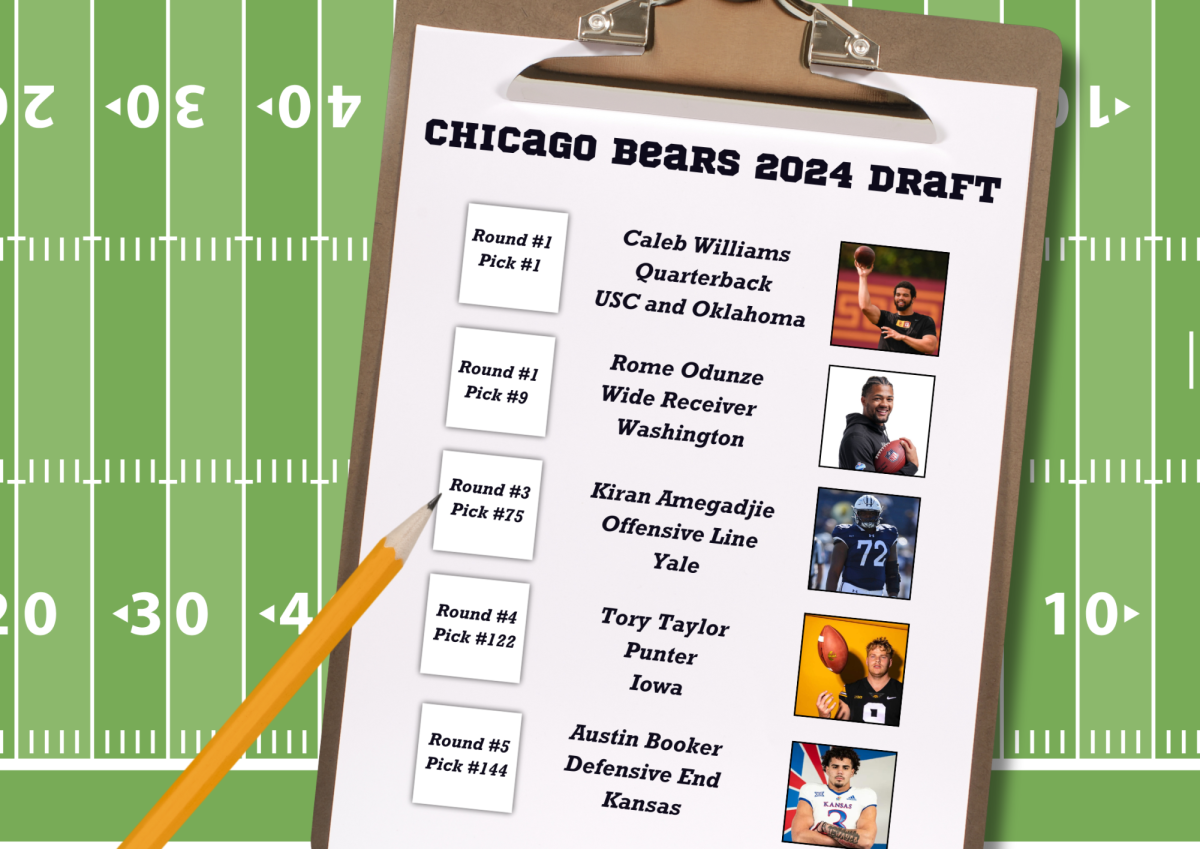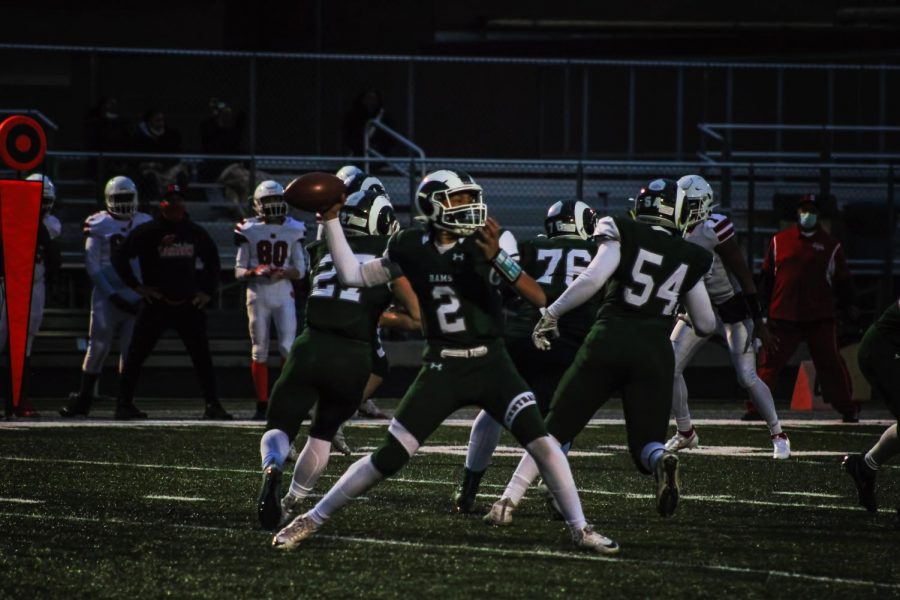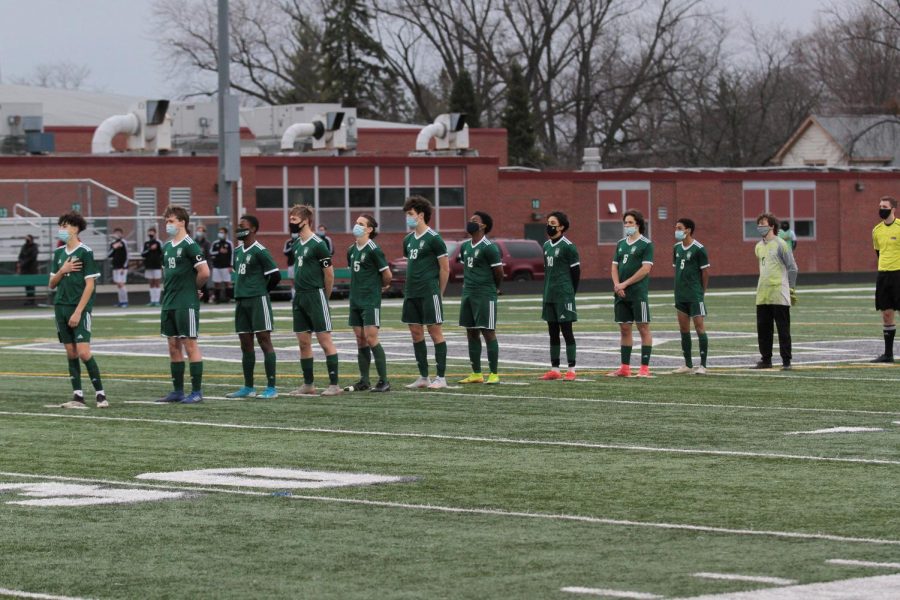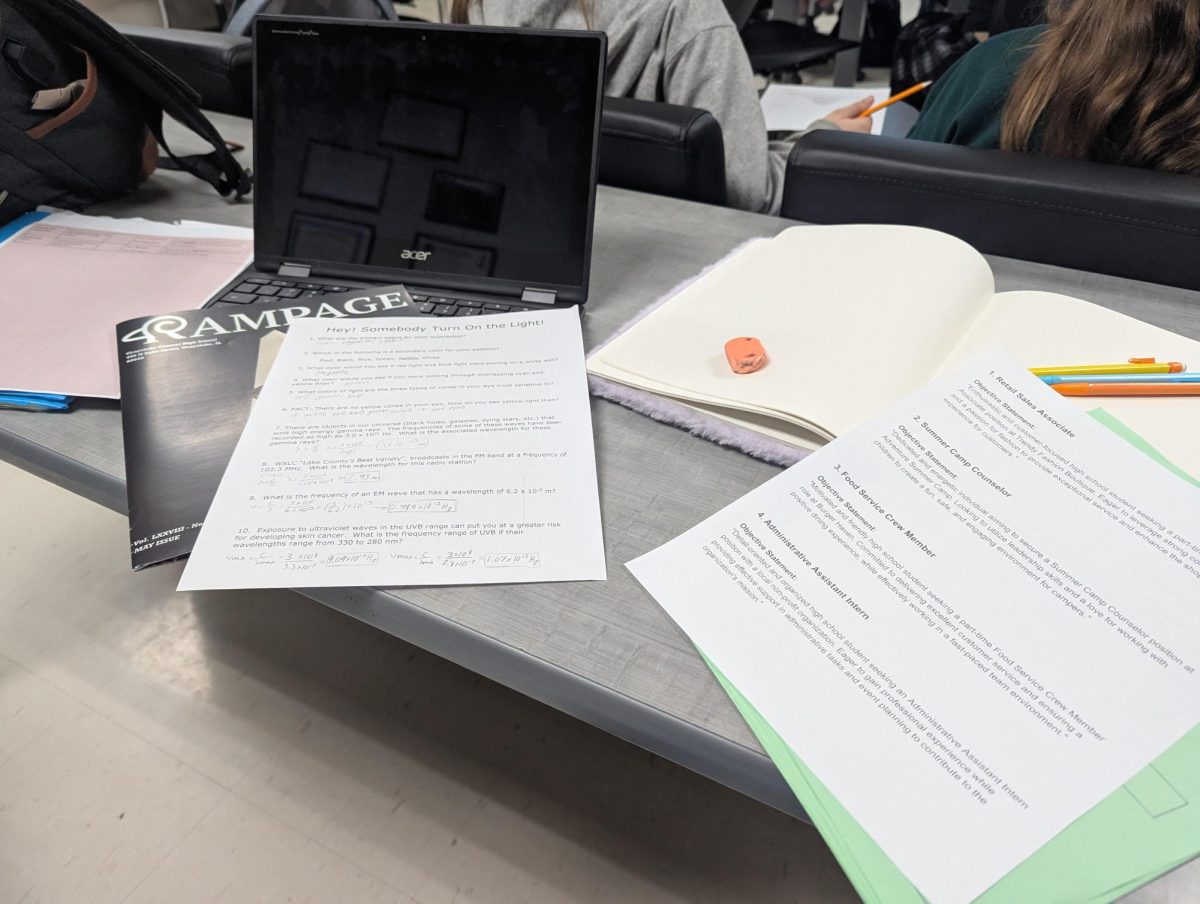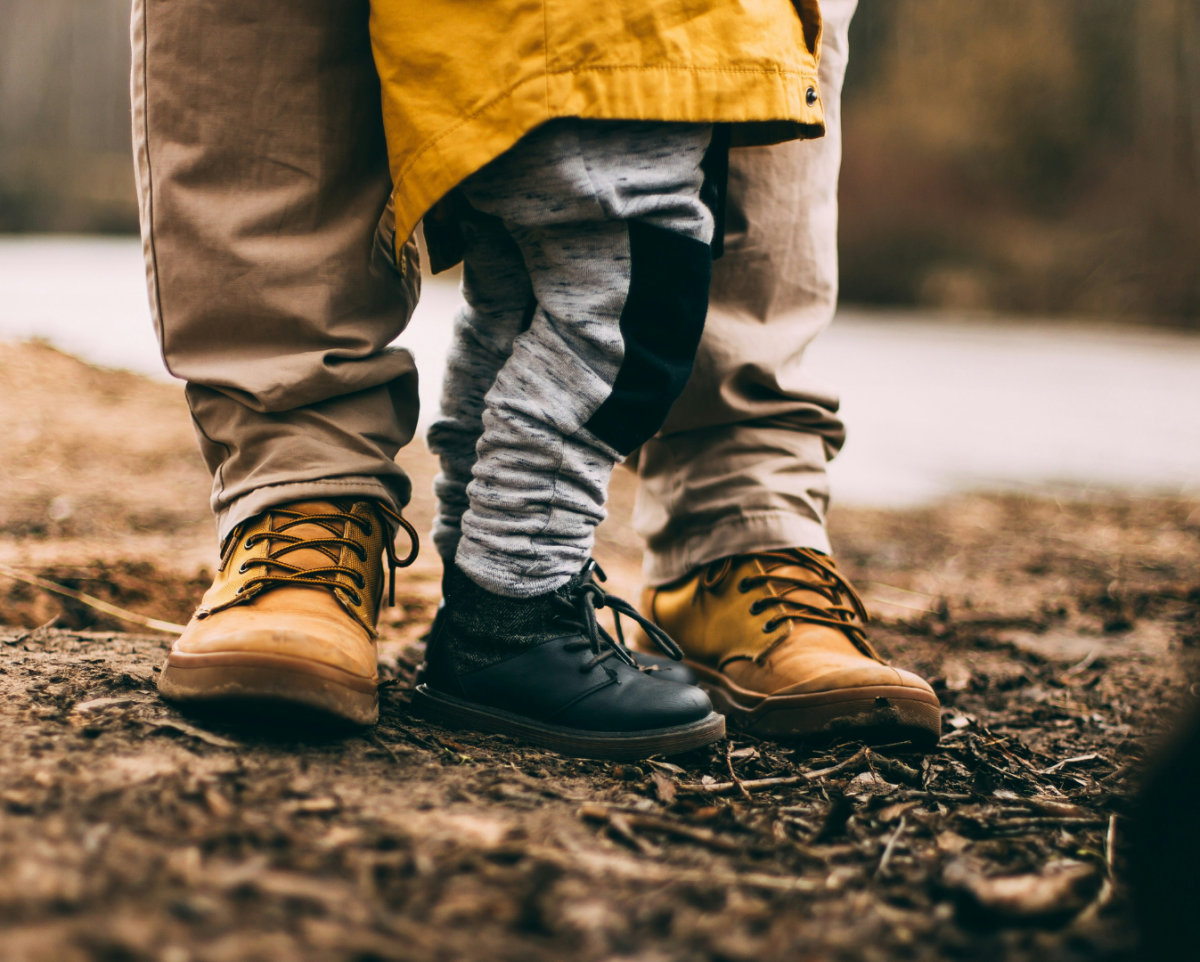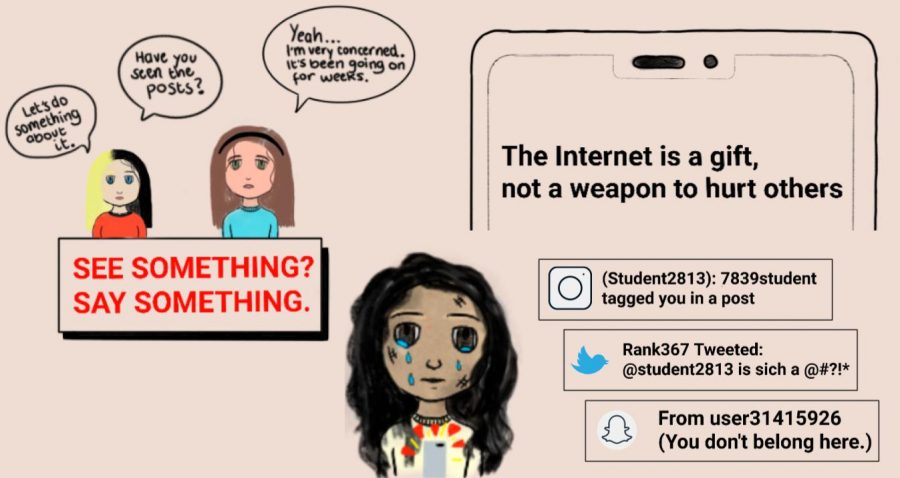Wi-Fi Restrictions: Student Opinions
November 6, 2017
As new technology comes into schools, so will new rules. One such an example in GCHS is the Wi-Fi restrictions in both the Chromebooks and the student body’s cell phones.
The student body had a chance to express their opinions about these restrictions in a poll conducted through Schoology to all four classes from September 20-September 25. Of the 95 participants who responded, 88 percent were not happy with the way GCHS handles restricting social media.
“I think it’s useless” claim over 50 percent of responses, as other responses continued to explain the reasoning behind their displeasure.
“I think it’s unnecessary,” said one response. “We don’t have our phones out in class anyways so why not let us have social media on the wifi? We’d really only use it during lunch and passing periods to look at this kind of stuff.”
Responses like this make a fair point: many students are more focused on school work than social media.
Over half of the participants believe that all sites that are not safe for school and or work should be restricted. The school was split half and half on whether or not certain words should be blocked.
The majority also agree that as long as the students are only using websites for educational reasons or downtime, then all websites that are not 18+ should be allowed.
However, this is not the only concern. Many students have also had personal experiences where websites are blocked when they need access for school projects.
About 98 percent of all participants in the poll said that neither games nor anything cited under games should be blocked.
Teacher and Technology Integration Specialist, Shanna Piggott, sympathized with the concerns of students. She understood how the old filtering system, LightSpeed, was problematic. However, the school cannot remove filters altogether. Otherwise, the school would be very susceptible to the unavoidable dangers on the Internet, along with jeopardizing professionalism.
“If a virus gets in, it can crash everything,” said Piggott. She saw how certain sites that promote Facebook logins are usually blocked, along with sites that were already set to be blocked when the system was first installed. The tech department can change how filters work over time.
If the 88 percent who aren’t happy with the restriction system in place, and have recent problems, Piggott wants to have a conversation with them. She believes that will be the best way to help them.


